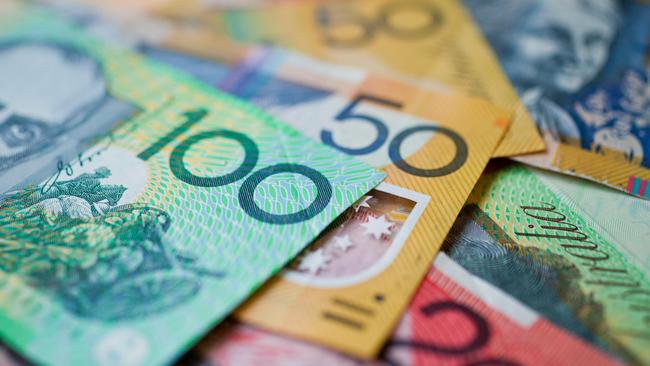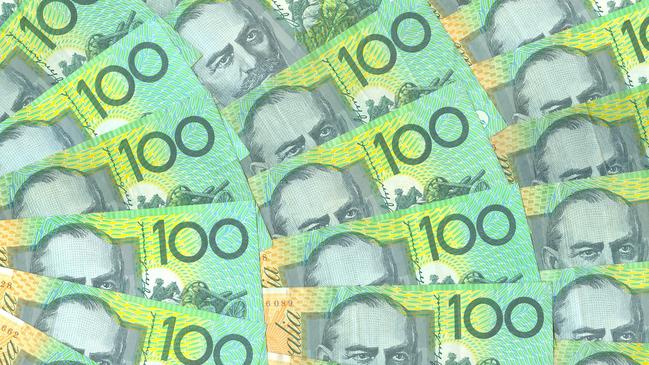Federal government to mandate cash payments for essential items and services
Major changes are coming to the way you pay for essential items and services as the federal government steps in to save the future of cash. This is how the changes affect you.

QLD Business
Don't miss out on the headlines from QLD Business. Followed categories will be added to My News.
Cash may not quite be the king it once was as more Aussies turn to paying with cards, but moves are under way to ensure it will be around for years to come, at least for essential items.
The Albanese government is planning to mandate that business selling essential items, such as groceries and petrol, or proving essential services still accept cash.
Treasurer Jim Chalmers last year foreshadowed a national plan to ensure Australians can keep using cash if they want to and today he will officially announce it.
Here is how it will impact you.
What are the changes?
The Albanese government will mandate that businesses must accept cash as payment for essential items and services such as groceries and fuel.
Cheques will be entirely phased out within five years.

Which businesses are to be included?
Supermarkets, banks, pharmacies and petrol stations are likely to be included in the federal government mandate, along with providers of utilities and health services.
Small businesses will be exempt. Some businesses can also apply to be granted a special exemption.
When will the cash mandate likely be in place?
The federal government will begin consultation this year with plans to implement the mandate from January 1, 2026.
When will cheques be phased out?
The federal government plans to phase out cheques by September 2029. From June 30, 2028, people will no longer be able to writes cheques with the payment method no longer accepted from September 30, 2029.
There has been a 90 per cent decline in the use of cheques sin the past decade.

Why is cash still important?
While the use of cash dropped off during and following the Covid pandemic, about 1.5m Australians still use cash for more than 80 per cent of their in-person payments. The government has found 94 per cent of businesses still accept cash.
It is also estimated Australians are losing about $1 billion a year in surcharges when they pay by cards and not cash.
Cash is also seen as an easily accessible alternative to digital payments in times of natural disasters or digital outage.
Is cash still legal?
Section 36 (1) of the Reserve Bank Act 1959 provides that banknotes are legal tender, and the Currency Act 1965 provides that coins are legal tender, there is no legal requirement for banknotes or coins to be accepted for transactions in Australia.
There is currently no legislative requirement to accept cash, provided a business offer another fee-free alternative to the consumer.
The Keeping Cash Transactions in Australia Bill 2024 will remedy this by legislating that businesses operating in face-to-face settings must accept cash payments for transactions that do not exceed $10,000.


